“Don’t be lonely, don’t be lonely
My friend
Don’t be hurt, don’t be hurt
My friend” (Lyrics from No.1KoreaN's song, Don't Be Lonely)
“I’m Milk,” Kwon Ooh-yu said with a smile. He was addressing my friend, Simone, who’d arrived halfway through the interview and had missed the initial introductions. “Your nose ring is cool!” the musician continued, making us all laugh. As Kwon left to join someone at a nearby table, Simone leaned over and asked, “Is his name really Milk?”
I met Kwon Ooh-yu (whose given name means “milk” in Korean) 30 minutes prior at a bright yellow coffee shop in Yangpyeong-dong, Seoul. The musician chose the cafe to support his friend’s new business venture. (“Come back some time to study!” he later suggested, waving goodbye as if the business were his own.) After insisting on buying my coffee, Kwon gestured to the table nearest the counter and we sat to begin the interview.
“Why’d you agree to meet?” I blurted in broken Korean. This was the second interview Kwon had accepted from me, but we’d only communicated through social media until now. Not many artists would find it worthwhile to answer questions posed by a student, let alone one whose Korean leaves much to be desired. “Because you showed interest in No.1 Korean,” he answered simply, “and because I wanted to.”
No.1 Korean (pronounced number one Korean) received its amusing name from one of the original band members in a dream. “We were wondering what kind of team we should be,” Kwon remembered, referring to the band’s 2004 beginning, “and then my friend told us about his dream. I immediately loved the name, so we decided to make ourselves the most exciting band in Korea.” This vision has guided No.1 Korean from the beginning. The ska-punk band merges diverse genres to create high-energy tracks, which they perform with both rock and big band instruments. “Our melodies shake up daily life,” Kwon said. “We take ska, reggae, and rock, and modernize them, making them into exciting band sounds. Through them, we can remain young. That's why I’ll always be young while I'm in the band. Even at 100 years old.”
Like Kwon, viewers can find their worries melting away as they get lost in No.1 Korean’s music. The band imbues performances with such affective energy audiences can’t help but sing, clap, and dance along. As the main vocalist, Kwon sets the tone for each performance, often jumping to the beat and passionately reciting lyrics as if giving a personal message to each listener. Sometimes the brass players dance in sync, making exaggerated hand motions as they await the chorus, while small details including trumpet player Park Kyung-mo’s checkered hat (which seems to show up in each performance), and trombone player Yoon Jae-Hyeong’s various costumes (ranging from hanbok to hazmat suit) contribute to the band’s playful image.
(Below, No.1 Korean's performance of Rosa, featured on the group's official Instagram.)
“Even if you can’t obtain the world as seen on a canvas
I am here for you
Even if everyone in the world can’t understand you
I am here for you”
The name No.1 Korean suggests an additional meaning alongside claiming itself the country’s most exciting band. Kwon’s a big proponent of Korean music, and his band’s name naturally hints at Korea’s top-notch musical innovation. This same innovation has facilitated hybrid genres (such as No.1 Korean’s), given rise to a thriving indie music scene, and even taken famed BTS to the Grammy Awards. However, COVID-19 has made celebrating these innovations rather difficult. Music venues took a hard hit when government restrictions rolled in, making gigs hard to come by.
“At first I thought, ‘What is happening?’” Kwon said, remembering when COVID-19 first restricted live performances. “I thought we’d be live again soon but little by little: canceled, canceled, canceled, canceled, canceled. I thought, ‘Who am I? I’m a musician, so what is there for me to do now?’”
While big-name artists like BTS and BlackPink successfully carried out virtual concerts, lesser-known artists struggled to find available venues. Indie performance halls often double as bars or restaurants to make ends meet, the latter of which the government banned from hosting live stages, and gigs that usually extended into the wee hours of the morning were forced to turn in by 9 or 10 PM. Many venues couldn't survive social distancing measures, and performance halls like DGBD and V-Hall had to close their doors for good.
The threat of infection made concert halls one of the most dangerous places to gather, but musicians couldn’t completely halt performances, for reasons both financial and personal. “It’s the reason for my existence,” confided Kwon, “I mean, children aren’t said to be born with music, but I’ve always had a song.”
Instead of idling away in a seemingly endless limbo, Kwon has rather cheerfully adapted to “untact,” or indirect, life. “As time went on, I realized I had to accept this reality. I had to find my reason for existence, so I decided to do things online–to share and show everyone my music online.” Kwon began uploading clips of his daily life to social media, often featuring his wife and two children. Self-produced music accompanies each video. “Camera, my camera,” Kwon said with a smile, laying a hand on the black bag sharing the table. He explained that despite the lack of live shows, life itself remains active and dynamic. “This moment is not live,” Kwon admitted, “but my life is live. And because my life is live I figured, ‘why not insert it into my music?’ For this reason, I’m currently studying videography.” In his hopeful way, Kwon was excited about the developments in visual technology accelerated by preventive measures, contributing to his own videography skills as well as the music industry's.
(Below, No.1 Korean's performance at Jebi Dabang, a popular indie music venue in Hongdae.)
“Even if some things tighten your chest and make your face downfallen
I am here for you
Even if the love you lost makes things difficult
I am here for you”
Other artists have also harnessed the power of video to subvert the eroding relationships between artist and audience. In October 2020, the YouTube channel Underground Archive began documenting Seoul’s indie music scene. The channel highlights 8 music venues scattered throughout the city, featuring interviews, candid moments between artists, and live performances, as well as insights into changes brought on by COVID-19’s fallout. “Before corona this place would be packed on Friday night. Everyone dancing and losing their minds,” remarked Lee Gihak in a video highlighting the bar, Kopchang Jeongol. “There were moments when the entire bar came to life...But as soon as corona hit you were looked at like a crazy person if you dared to dance. It really reshaped the way people had fun.”
Virtual concerts also gained prominence as an imperfect replacement for Korea’s rich music scene. Some of these proved so successful the country's Ministry of Culture, Sports and Tourism issued a new stadium made entirely for online performances. Though the project promises to help indie musicians, it does nothing to benefit physical venues, where the heart of the indie community lies. So instead, various organizations and individuals stepped up with fundraisers like Save Our Stages, which brought awareness and needed funds to struggling performance halls. Originating overseas, the Save Our Stages movement advocated for and successfully claimed US $15 billion from the 2020 stimulus bill for independent music venues in the United States. Buoyed by this success, the nonprofit organization C.O.D.E. implemented a Korean version of Save Our Stages (우리의 무대를 지켜주세요). From March 8-14, 2021 the event broadcast live concerts from 5 performance halls in Seoul’s most happening music district, Hongdae. Viewers could buy tickets for either one night or all seven. The fundraiser proved successful, exceeding its 50 million won goal by 7 million won (earning approximately US $51,000), and selling more than 2,500 tickets to eager fans.
For musicians like Kwon, the fundraiser presented an exciting opportunity to not only support a worthy cause but to once again appear before a live audience, albeit a virtual one. “We were all in the same boat, longing to perform,” Kwon told me, referring to himself and the 66 other bands who participated in Save Our Stages. “All of us, all of us wanted to perform.” Taking full advantage of the opportunity, No.1 Korean delivered a stage teeming with life. Even to an empty room Kwon encouraged viewers to follow his spirited lead, just as he would have had the audience been physically present. “HEY YO COME ON!” he cried, kneeling by the edge of the stage and waving his arm up and down as if to raise the voice of the crowd. “WE GET THE IDEAAAAAAAAAAAAAAAA!” he continued comically, perhaps imagining online viewers chanting back from behind their screens. “It seemed like there was an audience present,” I told him, having enjoyed the concert myself. “No, they were in an online world,” he corrected, “and there was online chatting.”
Though Kwon performed as if unaffected by the lack of crowd, he admitted appearing before faceless fans can feel strange. “There’s no audience so it doesn't seem real. I have to imagine so it’s awkward–not natural. The sense of reality decreases.” Other musicians also acknowledge the hole left by fans’ absence. Yoo Joohyun, drummer of the band Goonam and featured in Underground Archive’s documentary series, mentioned, “I was in the army when the coronavirus hit. I couldn’t play shows, but I still wanted to watch them. I heard they started streaming online concerts and found one. To be honest it was a bit of a bummer. The big draw of concerts is enjoying the experience together. That’s the biggest bummer.”

The timetable of Save Our Stages' participating bands. Photo provided by C.O.D.E. (사단법인 코드).
“Don’t be lonely, don’t be lonely
My friend
Don’t be hurt, don’t be hurt
My friend”
“Don’t be Lonely," Kwon said, answering my question asking which song of his best fits this virus season. “We’re all lonely, you know. We can’t meet and there are many hurting people, but through music, we can overcome everything.” Don’t Be Lonely is one of two title tracks on No.1 Korean's recent EP, simply titled, 2020. The EP includes the band’s representative songs, compiled specifically to combat virus-induced doom and gloom. No.1 Korean hopes the 6 tracks will rejuvenate each listener through lyrics like, “Let’s walk together in this rainy darkness and find the dazzling light within,” from the song, Rosa, and “As time goes on/ even if everything changes/ right now, this moment/ this shining light/ we will protect forever, my friend!” from the song, My Buddy.
As No.1 Korean, the musicians from Underground Archive, and the participants of Save Our Stages suggest, the longing for physical shows reflects more than a superficial desire for a night of fun. Concerts provide an opportunity to engage in real community. Even strangers who gather for a common purpose, who savor the same sounds, sights, and smells, gain access to one another in a way virtual entertainment can't arrange. As hopeful as Kwon is, he acknowledges the shortcomings of online communication. “It’s like talking with your mom,” Kwon began, “You can have a phone call or a video call but that’s different from meeting in person. It’s like the difference between warmth and temperature.” Perhaps this interview with No.1 Korean was an attempt to recapture that warmth, to rekindle the connection between artist and fan, despite the absence of a performance hall.
While physical relationships will always trump digital, music continues to bring comfort and connection to listeners. And as Kwon reminds us, "Through music we can overcome everything." So until live venues fully resume their role as gathering places, Kwon hopes No.1 Korean’s fans will remember this one thing,
“Don’t Be Lonely.”
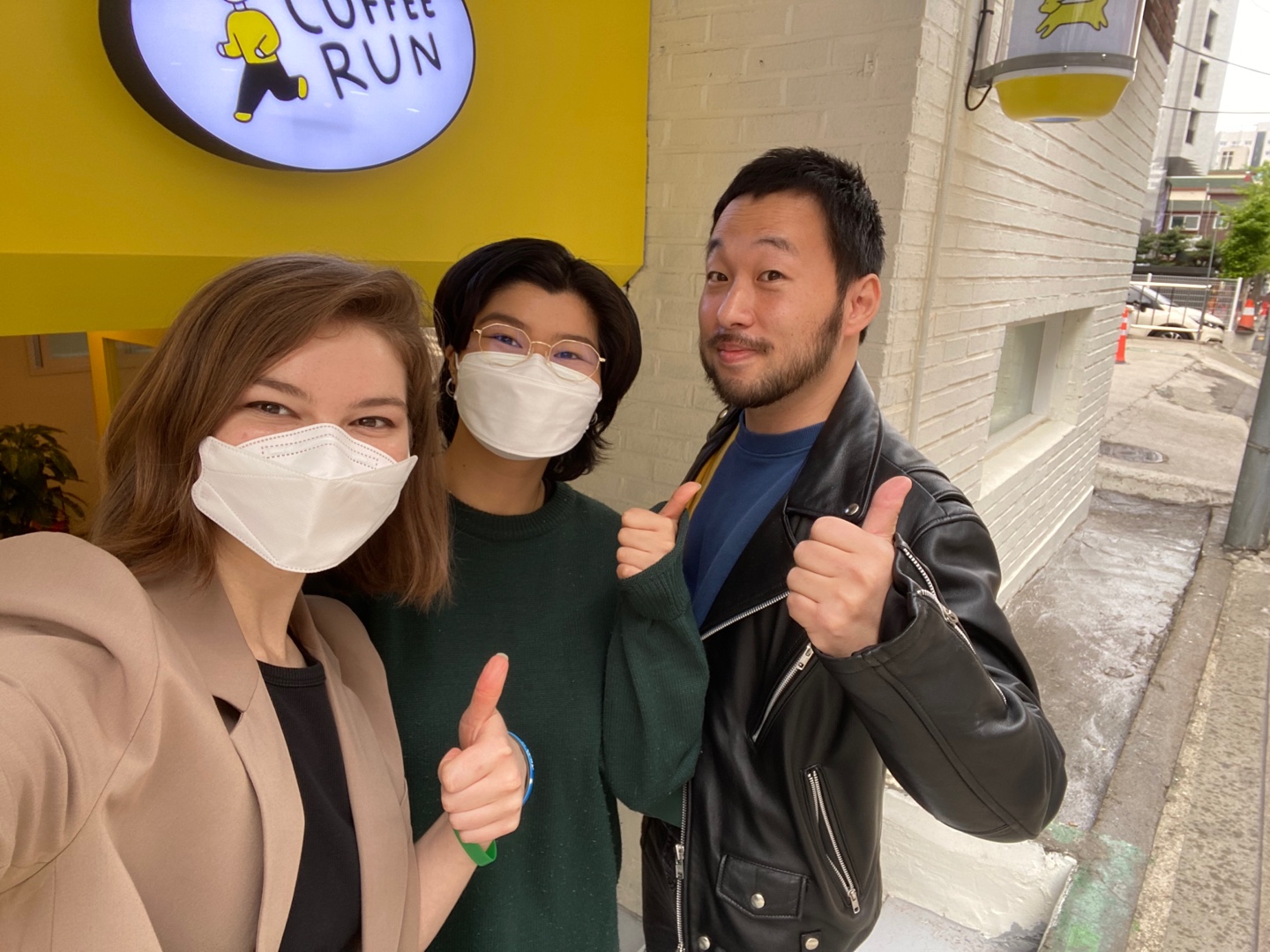
From left to right: author Leslie Hickman, Simone Liew, and Kwon Ooh-Yu (Milk) in front of the cafe, Coffee Run.
(This interview was conducted in Korean and English, but has been edited into English for the sake of convenience.)
- Behind Closed Doors: The Paradox of Korea’s Hidden and Public Crimes - August 12, 2021
- The Peninsula’s No.1 Korean Wishes to Tell You, “Don’t be Lonely” - May 27, 2021
- Korean Literature: The Black Sheep of Hallyu - April 8, 2021

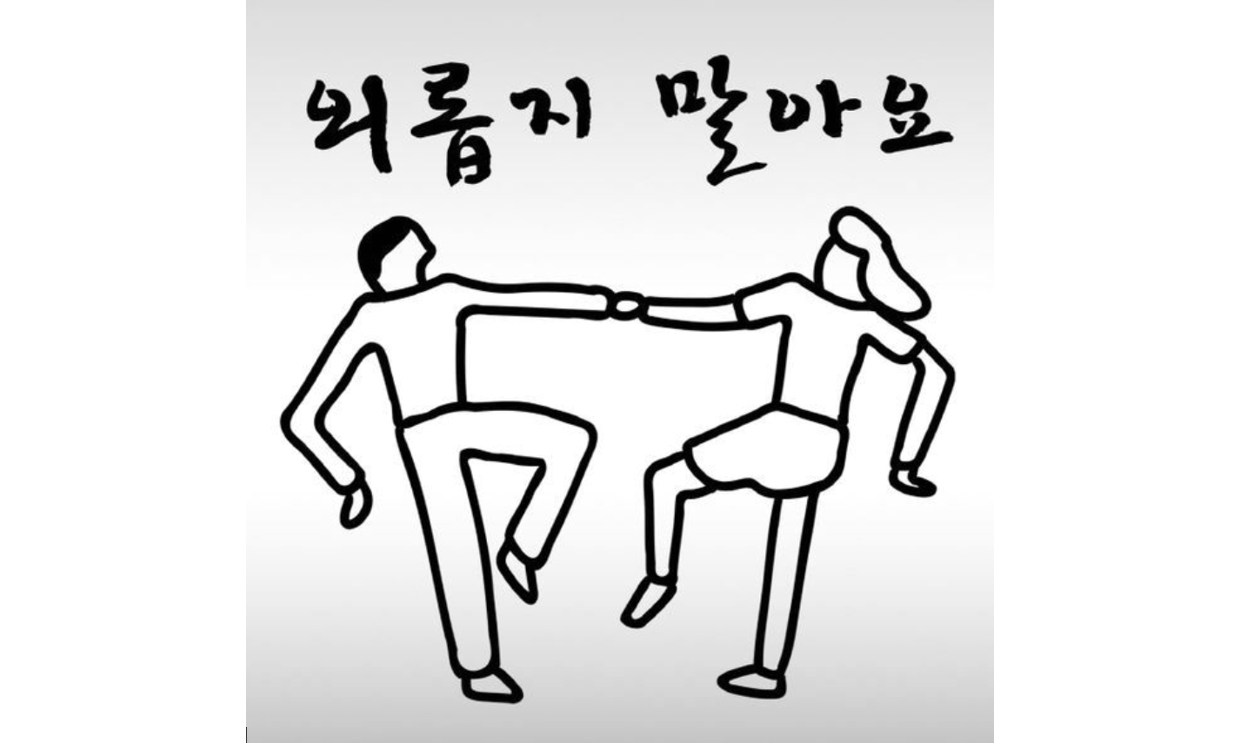

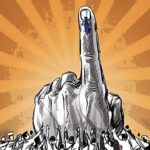
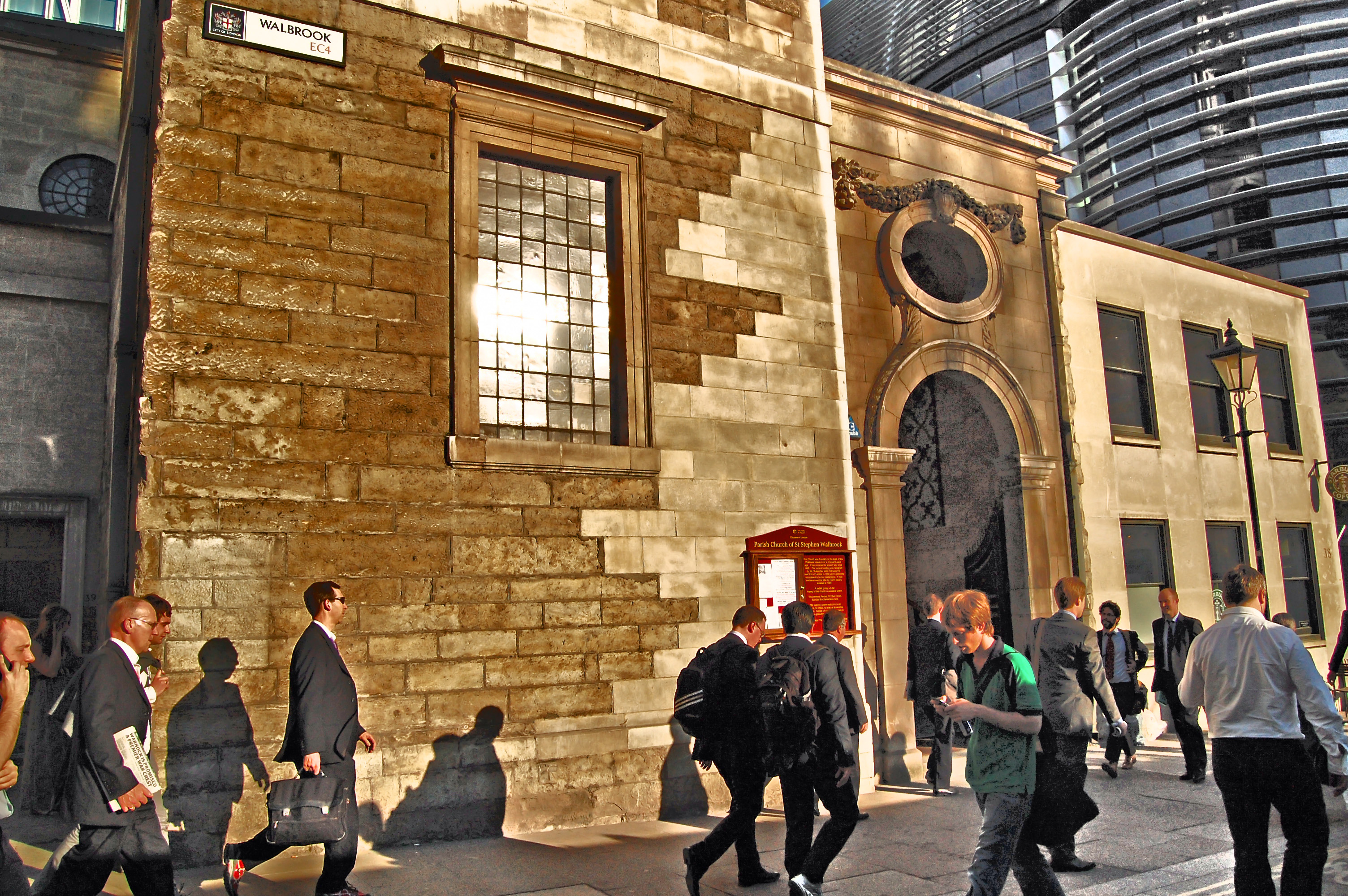
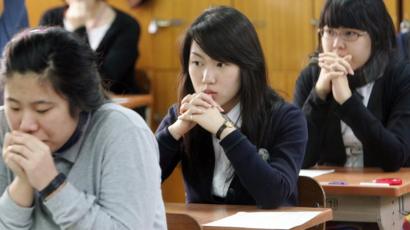
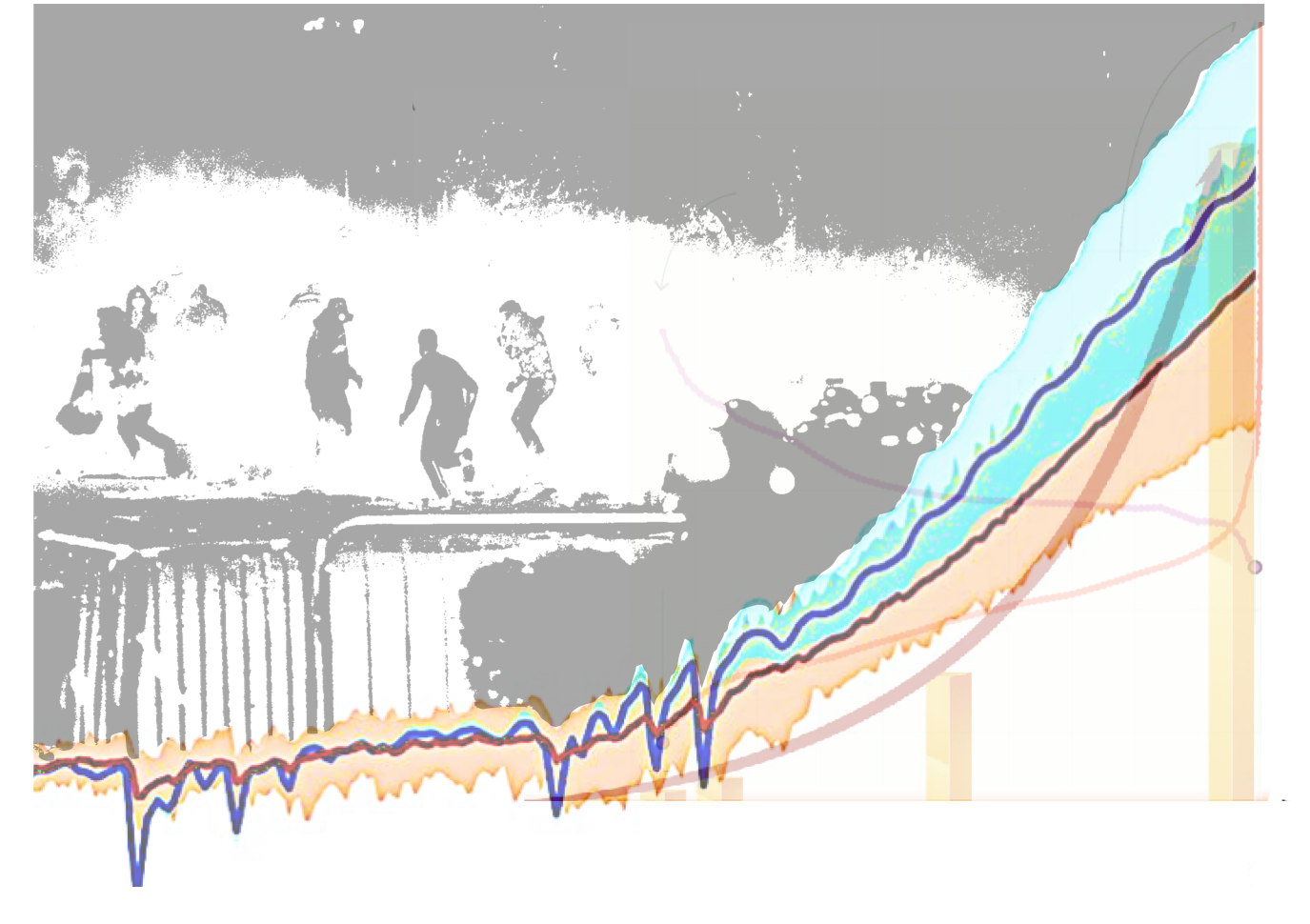
1 Comment
Donna
4 years agoThis is most enjoyable!
It makes me like Milk and want to listen to the band.
Comments are closed.